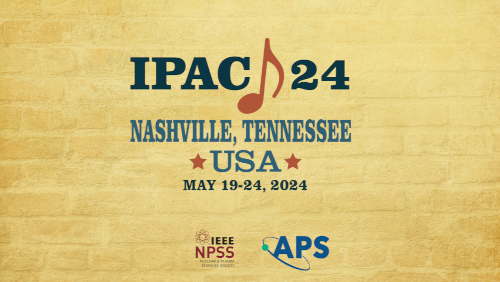Speaker
Description
The Beam Coupling Impedance (BCI) is a crucial aspect in the realm of accelerator physics, as it describes the electromagnetic interactions between charged particle beams and the accelerator structure. The measurement and quantification of BCI is an essential requirement to assess and mitigate its impact, particularly when introducing new components or addressing problems within existing devices. The stretched Wire Method (WM) is a well-established technique for BCI evaluations, although with well-known limitations. These are particularly prominent when dealing with cavity-like structures. In that case, the estimates obtained below the cut-off frequency of the beam pipe can be inaccurate. It is worth noting that this frequency range is particularly relevant for many accelerator applications. To overcome these well-recognized limitations, a different bench measurement technique has been identified and thoroughly examined. This novel approach has been subjected to comprehensive testing in both virtual and real measurements, with a particular focus on a pillbox cavity.
| Region represented | Europe |
|---|---|
| Paper preparation format | LaTeX |

